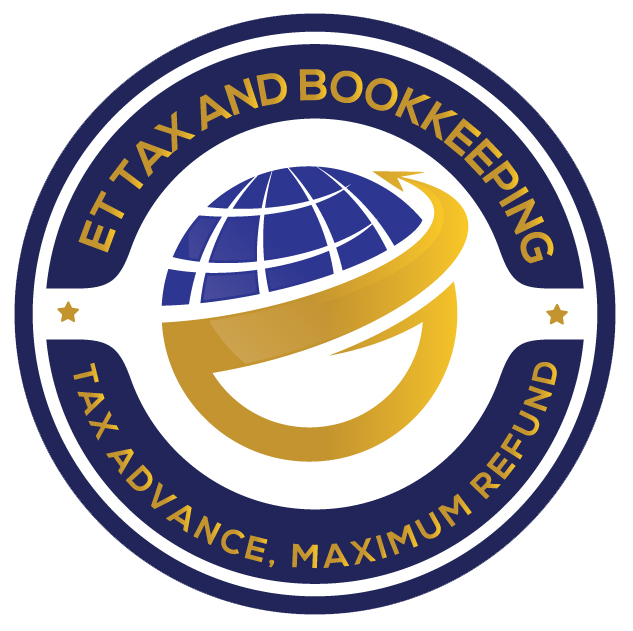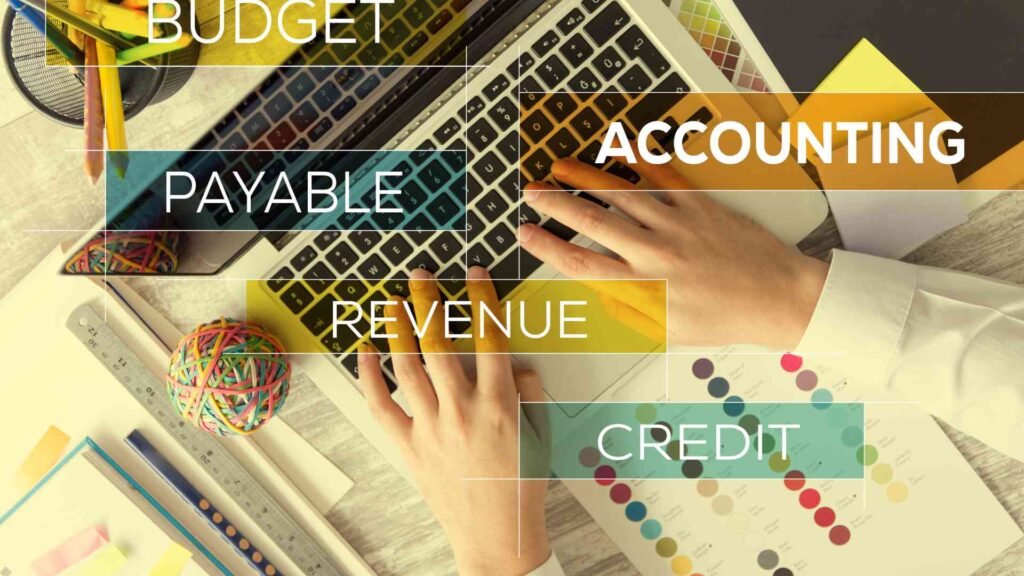How to Choose the Right Accounting Software for Your Business.
Choosing the right accounting software is a critical decision for any business, big or small. The software you select will not only streamline your financial management processes but also impact your overall business efficiency and accuracy. This blog explores the essential factors to consider when selecting accounting software tailored to your business’s needs.
Why is Choosing the Right Accounting Software Important?
1. Efficiency and Accuracy:
- Streamlined Financial Processes: The right accounting software automates repetitive tasks such as invoicing, payroll processing, and expense tracking, saving time and reducing errors.
- Real-Time Financial Insights: Access to up-to-date financial data allows for informed decision-making and timely adjustments to business strategies.
2. Scalability and Flexibility:
- Adaptability to Growth: Choose software that can grow with your business. Scalable solutions accommodate increasing transaction volumes, additional users, and expanded functionalities.
- Integration Capabilities: Ensure the software integrates seamlessly with other business applications you use, such as CRM systems or e-commerce platforms.
3. Compliance and Security:
- Regulatory Compliance: Select software that meets regulatory requirements specific to your industry and geographical location, ensuring compliance with tax laws and financial regulations.
- Data Security: Prioritize software that offers robust data encryption, regular backups, and compliance with data protection standards to safeguard sensitive financial information.
Key Considerations When Choosing Accounting Software
1.- Business Needs Assessment:
-
- Identify Specific Requirements: Determine the accounting tasks you need the software to handle, such as inventory management, project costing, or multi-currency transactions.
- User Accessibility: Consider whether the software needs to be accessible remotely or on mobile devices for flexible business operations.
2.- Features and Functionality:
-
- Core Accounting Functions: Evaluate the software’s ability to manage general ledger, accounts payable/receivable, bank reconciliation, and financial reporting.
- Additional Features: Assess if the software offers advanced features like budgeting, forecasting, inventory tracking, and integration with third-party applications.
3.- User-Friendliness and Training:
-
- Ease of Use: Choose software with an intuitive interface and user-friendly navigation to minimize training time and ensure adoption across your team.
- Support and Training: Check if the software provider offers adequate customer support, training resources, and user guides to assist with implementation and ongoing usage.
Steps to Implementing New Accounting Software
- Plan for Implementation: Develop a timeline and strategy for migrating data, training users, and integrating the new software into your business processes.
- Testing and Validation: Conduct thorough testing of the software’s functionalities and data accuracy before fully transitioning from your existing system.
- Monitor Performance: Regularly review the software’s performance and user feedback to address any issues promptly and optimize usage.
Conclusion
Choosing the right accounting software is a pivotal decision that impacts your business’s financial management capabilities, operational efficiency, and regulatory compliance. By assessing your business needs, evaluating software features, considering scalability and security, and planning a structured implementation process, you can select a software solution that supports your business growth and enhances financial transparency. Invest in the right accounting software today to streamline your operations and pave the way for sustained success in the competitive marketplace.








